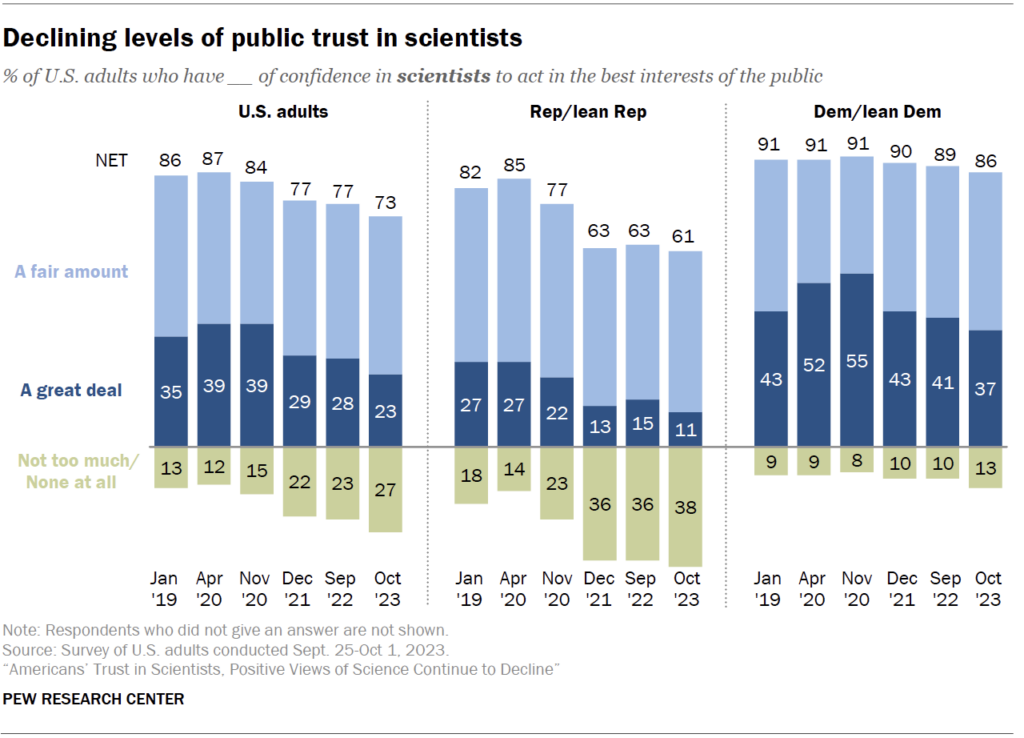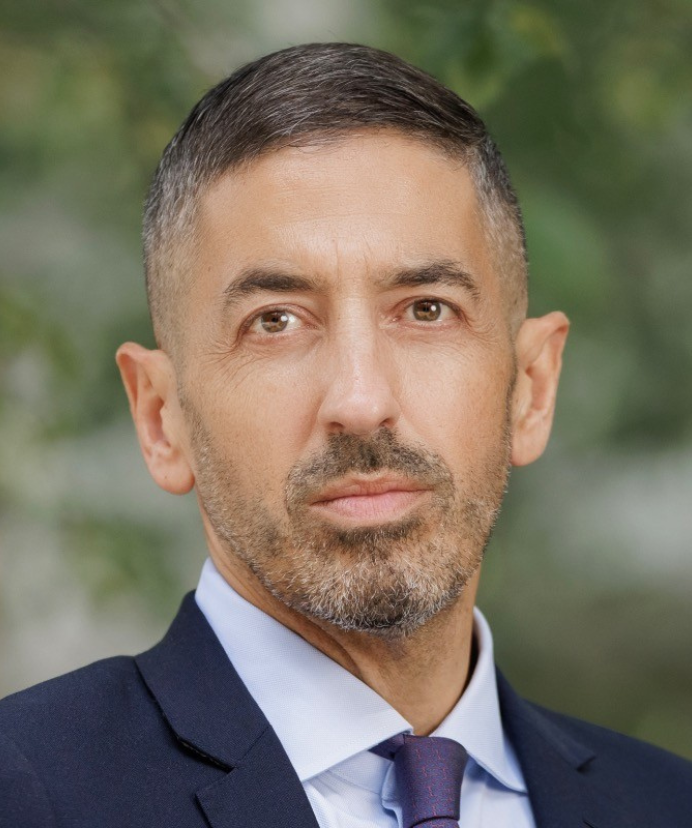Observing Science: An Introduction
Introducing a new weekly series, Observing Science — on the workings of science, it's limitations, and its promise for a healthier world.

Read Time: 4 minutes
Published:
Science is our demand that things make sense. We think of science as a modern discipline, systematic and skeptical in its approach and aiming at well-defined results and conceptual clarity. The data that inform science are argued about and interpreted in lecture halls and seminar rooms. Science is written down, following particular approaches, so that it can be replicable.
Much of science is done to prove or disprove ideas and test theories, but its discoveries—observations and evidence—are meant to be useful, although sometimes the uses are far-off. Science has always been a way to know nature, or in the biomedical and population health sciences, our subjects here, the contexts and forces that create the health of humans.
Despite the ubiquity of the fruits of science in our lives—just think of every medical technology that is in hospitals and doctor’s offices—the realities of how science moves from idea to utility seldom make it into the public realm. Most of biomedicine’s underpinning knowledge has been discovered over centuries through trial and error, experimentally, two steps forward, one back.
Our confidence in science has grown, with an underlying notion that the work of science is proceeding apace, performed fundamentally with an eye on the public good. This narrative of enlightenment and progress conveniently bypasses certain unbudging and unfortunate facts. That there is bigotry and pedantry and politics in our work, and poor communication and confusion too. And there are the data that show that the public is losing trust in science, with a dramatic decline in the work, and the potential contribution, of science in the past few years.

The implications for our health at the population level are already clear. A loss of trust in science bodes poorly for our efforts to mitigate disease and promote a healthier world. And, perhaps because while science is needed more than ever, it is under more pressure than ever. The enterprise has become expensive to pursue, and there are greater demands to be practical, saleable. That means that science has to be paid for—there are buyers and patrons. And these buyers and patrons both have their own agendas. An enormous explosion of science, as more institutions around the world engage in the field, means that the number of excellent scientists has grown. But so does the body of shoddy science.
Science has always been inherently undemocratic and opaque, the job of experts. Yet there seems to be shifting ideas about how the public is meant to think and feel about scientists/researchers and the information they produce. Scientists have never been unimpeachable, but science, and the institutions that do and communicate it, are under attack as never before. Scientists are feeling new demands for transparency, diversity of voices, and equal access, forces reshaping our society more generally.
This all means that it would benefit those of us in science, including those of us in public health, and those of us who can benefit from science as consumers of the work, to reflect on the enterprise of science at this point in the century. A focus on biomedical science in particular may be important at a time when we are emerging from a pandemic and rightly live in fear of another potential pandemic any day. The public cares about biomedical science because its findings—the identification of a new infectious agent during COVID-19—affect us personally and its results generate large social and commercial impact. And for the public’s health, we hope that the successes of biomedical science—including most recently the spectacular development of the COVID-19 vaccine in record time—can be replicated time and again.
The aim of Observing Science is to do just as the title of the series suggests—to observe the work of science. Observing Science is a series of essays not only about the ideas and philosophy of science, but also about the form and mechanics of modern biomedical science. These observations come from two working scientists. We think about the philosophy that informs what we do, but we are not philosophers of science. Our goal is to highlight the social and political fevers of our time and how they make a spectacle of the science itself, and its interpretation.
We think that those of us working in the population health sciences, in particular, have much to gain from stepping back and engaging in reflection, at the start of 2024, on science that fundamentally is at the heart of all we do.
So, this essay launches a series on Observing Science. The series asks, as we enter the second quarter of the twenty-first century, where is science? What are the underlying values that animate biomedical science, and what are the values that should animate us? What is the structure of the




